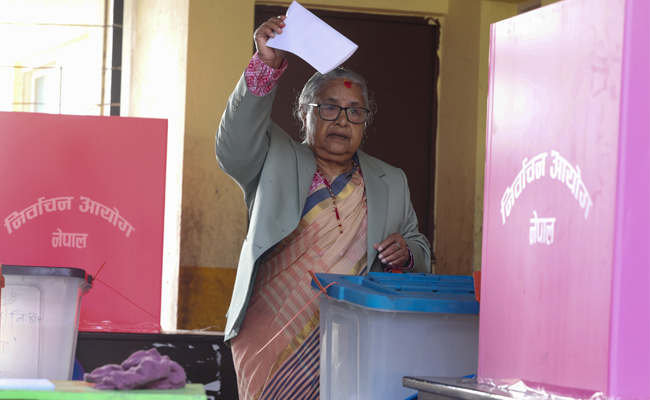San Francisco: A security flaw in WhatsApp, one of the most popular messaging apps in the world, allowed sophisticated attackers to install spyware on phones, the company said Tuesday, in the latest trouble for its parent Facebook.
The vulnerability -- first reported by the Financial Times, and fixed in the latest WhatsApp update -- allowed hackers to insert malicious software on phones by calling the target using the app, which is used by 1.5 billion people around the world.
The FT cited a spyware dealer as saying the tool was developed by a shadowy Israel-based firm called the NSO Group, which has been accused of helping governments from the Middle East to Mexico snoop on activists and journalists.
Security researchers said the malicious code bore similarities to other tech developed by the firm, according to The New York Times.
The latest exploit -- which impacts Android devices and Apple's iPhones, among others -- was discovered earlier this month and WhatsApp scrambled to fix it, rolling out an update in less than 10 days.
"WhatsApp encourages people to upgrade to the latest version of our app, as well as keep their mobile operating system up to date, to protect against potential targeted exploits designed to compromise information stored on mobile devices," a spokesperson said in a statement to AFP.
The firm did not comment on the number of users affected or who targeted them, and said it had reported the matter to US authorities.
The breach is the latest in a series of issues troubling WhatsApp's parent Facebook, which has faced intense criticism for allowing its users' data to be harvested by research companies and over its slow response to Russia using the platform as a means to spread disinformation during the 2016 US election campaign.
The WhatsApp spyware is sophisticated and "would be available to only advanced and highly motivated actors", the company said, adding that a "select number of users were targeted".
"This attack has all the hallmarks of a private company that works with a number of governments around the world" according to initial investigations, it added, but did not name the firm.
WhatsApp has briefed human rights organizations on the matter, but did not identify them.
The Citizen Lab, a research group at the University of Toronto, said in a tweet it believed an attacker tried to target a human rights lawyer as recently as Sunday using this flaw, but was blocked by WhatsApp.
The NSO Group came to prominence in 2016 when researchers accused it of helping spy on an activist in the United Arab Emirates. Its best-known product is Pegasus, a highly invasive tool that can reportedly switch on a target's phone camera and microphone, and access data on it.
The firm said Tuesday that it only licenses its software to governments for "fighting crime and terror".
The NSO Group "does not operate the system, and after a rigorous licensing and vetting process, intelligence and law enforcement determine how to use the technology to support their public safety missions", it said in a statement to AFP.
"We investigate any credible allegations of misuse and if necessary, we take action, including shutting down the system.
Let the Truth be known. If you read VB and like VB, please be a VB Supporter and Help us deliver the Truth to one and all.
Kolkata (PTI): Flight services between Kolkata and Dubai resumed partially on Thursday, after a four-day suspension due to the ongoing conflict in the Middle East, officials said.
A flydubai aircraft from Dubai landed at the Netaji Subhas Chandra Bose International Airport here at 2:40 am with 130 passengers on board, marking the first arrival from the Middle East after services were halted for over 113 hours, they said.
The Boeing 737 Max aircraft was scheduled to arrive at 12:25 am, Kolkata airport officials said.
ALSO READ: Resolution for his removal: Speaker Birla to be present in House but not chair proceedings
The same aircraft departed for Dubai at 3:59 am with 55 passengers, they said.
The last flight to depart for the Middle East from Kolkata before the suspension was an Emirates aircraft to Dubai on February 28, the officials said.
International services between Kolkata and cities such as Dubai, Doha and Abu Dhabi were disrupted, after airlines temporarily suspended operations amid escalating tensions and airspace restrictions in parts of the Middle East, due to the conflict involving the US, Israel and Iran.
There is no clear indication about when all the Middle East routes will fully reopen, they said.





